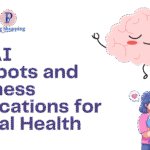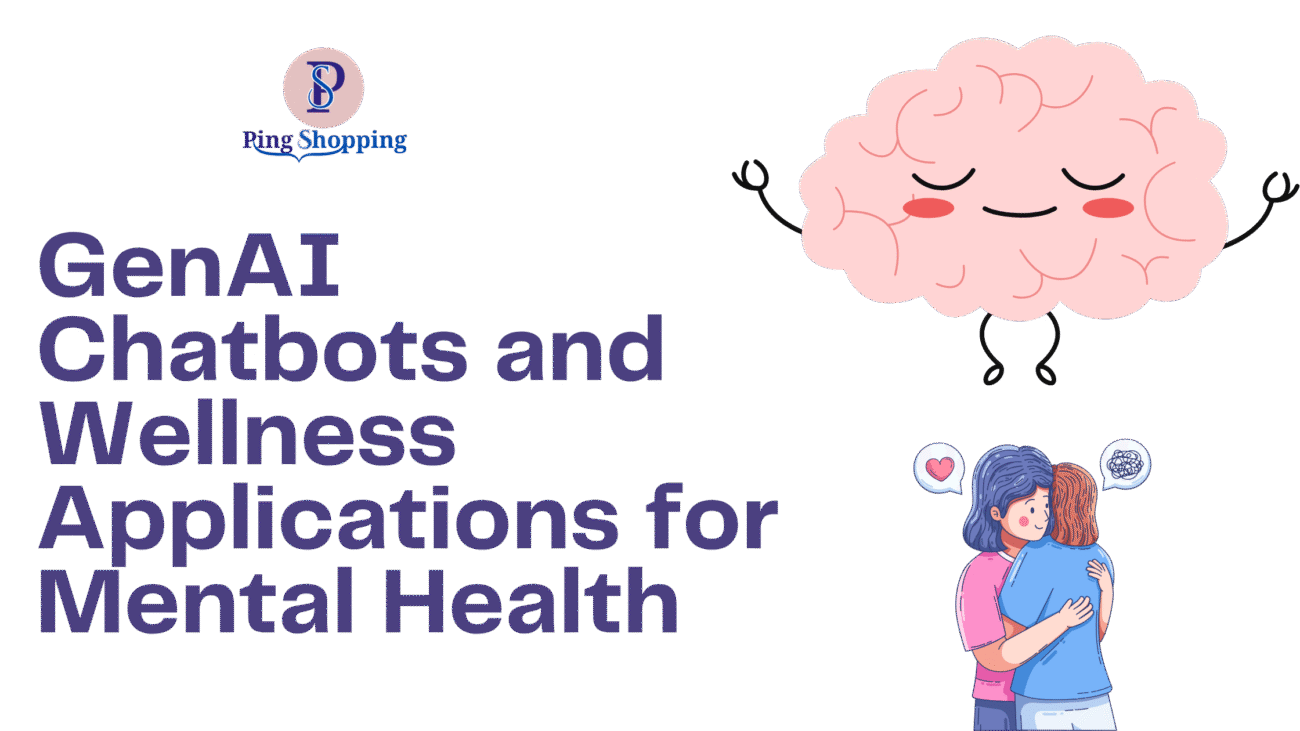Many students believe that putting in more hours equals better learning. But most often, some study habits that seem “just part of the grind” quietly can ruin your mental well-being. In this article, we are going to talk about the seven study habits that may sound familiar, but they carry some hidden costs. Identifying them early can not only protect your mental health, but it will also improve your learning ability.
1. Last-Minute Studying

Almost every student has done this thing of last-minute cramming and consuming a week’s worth of material into one evening. It seems so urgent, so heroic, but do you know that cramming works against retention, leading to extreme stress and lack of sleep? Information learned this way tends to remain for only a short while. The stress of “will I remember?” and the guilt or exhaustion the next day add
2. Skipping Breaks and Over-studying
Some students believe that each available minute must be used for study. They neglect breaks, skip meals, or sit stuck with notes for hours. Overloading the brain with no breaks diminishes concentration, raises fatigue, and may result in burnout. Your brain requires breaks to allow learning to “settle” and memory to become consolidated. Without them, not only does performance decrease, but stress hormones increase, and emotional resilience declines.
3. Passive Study Techniques: Rereading and Highlighting

Reading books over again, underlining lines, and taking notes in class are low-effort. These constitute passive behaviors that make you feel productive. But rarely are they! Active learning, where you teach and share knowledge or engage in activities, results in greater understanding and improved recall. Passive learning approaches create false confidence. The truth comes out when tested, and gaps become visible.
4. Distraction and Multitasking
Keeping your phone at hand, switching apps, and learning in distracting settings can break attention into pieces. Research demonstrates that multitasking decreases learning effectiveness and increases task duration. Distractions make you perceive yourself as inefficient, you work longer, sometimes producing less, which generates frustration and mental exhaustion.
5. Ineffective Time Management and Unorganized Planning

No planning, no schedule, and letting assignments add up until deadlines are approaching can be a rollercoaster of stress. You’re good one day, the next, your workload is overwhelming. Without planning, students overcommit, underestimating how long tasks will take, procrastinate, and cram. Unrealistic planning brings on chronic stress, pre-exam anxiety, and lack of sleep.
6. Forgoing Sleep & Physical Well-being
All-nighters, sleeping hardly at all before exams, not eating, avoiding exercise, these are all “study martyr” tendencies. However, sleep is a crucial factor for proper memory consolidation and cognitive processing. If you interfere with your body’s cycle of rest and neglect nutrition and movement, then it will destroy mental acuity.
7. Not Seeking Help & Overlooking Confusion
Most of the time, students suffer in silence. When one idea is unclear, subsequent ones become more difficult. This creates frustration and self-doubt that ultimately leads to anxiety. The research indicates that students who participate actively and clear up misconceptions do better.
Why These Habits Are “Silent Bullies”?
These habits are sneaky because they feel effective, and they appear to be what a “good student” does. Extra time, deep concentration, and working through exhaustion are publicly admired in most academic environments. But the mind and body catch up. You have no idea how poor study habits affect your mind. If you procrastinate, then it leads to cramming and sacrificing sleep, which affects the ability to focus.
How to Develop Healthier Study Habits?

Here are some actionable changes that can reduce stress and improve effectiveness:
- Space out study sessions across time and avoid cramming.
- Do self-testing, paraphrase in one’s own words, explain to someone else, and design mind maps.
- Study for 40-60 minutes with full concentration and take short breaks to relax your eyes.
- Set daily or weekly targets and reward yourself when you achieve them.
- Go to bed at a fixed time every day.
- Get sufficient hours of sleep.
- A balanced diet will aid in mental and physical well-being.
- Choose a silent study area and put the phone on silent mode or in another room.
The Summary
Being a student is difficult with unspoken stressors imposed by your own cluttered study habits. These routines are common, and almost all students might fit into some. The secret is not perfection, but knowledge and slow revision. Small changes create ripples: improved sleep results in clearer heads, fewer distractions enable deeper understanding, and seeking assistance eliminates anxiety. By putting your wellbeing first and by opting for more intelligent, not necessarily more difficult, study methods, you take back balance. You become a person who not only does well but also flourishes in the process.









